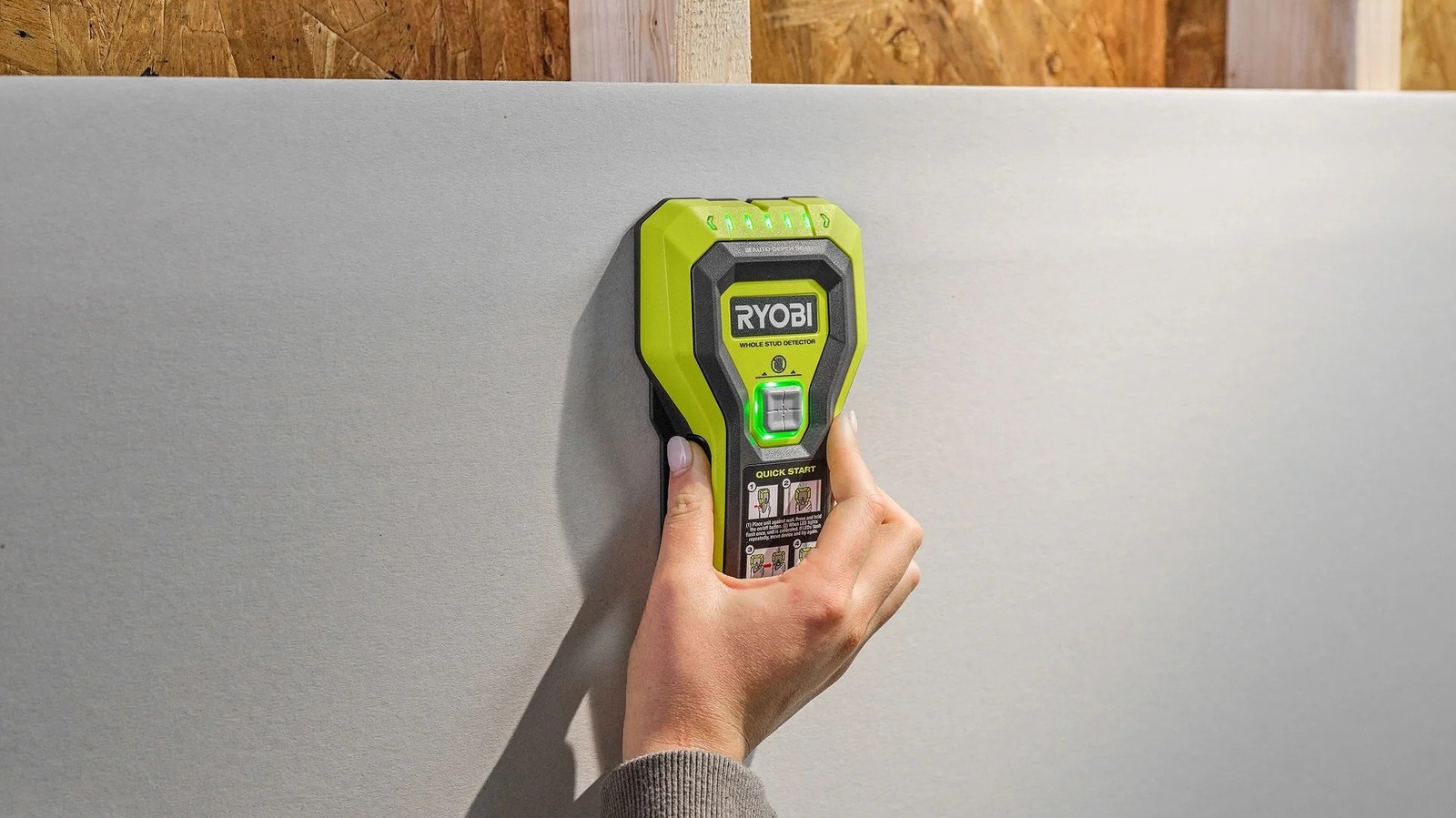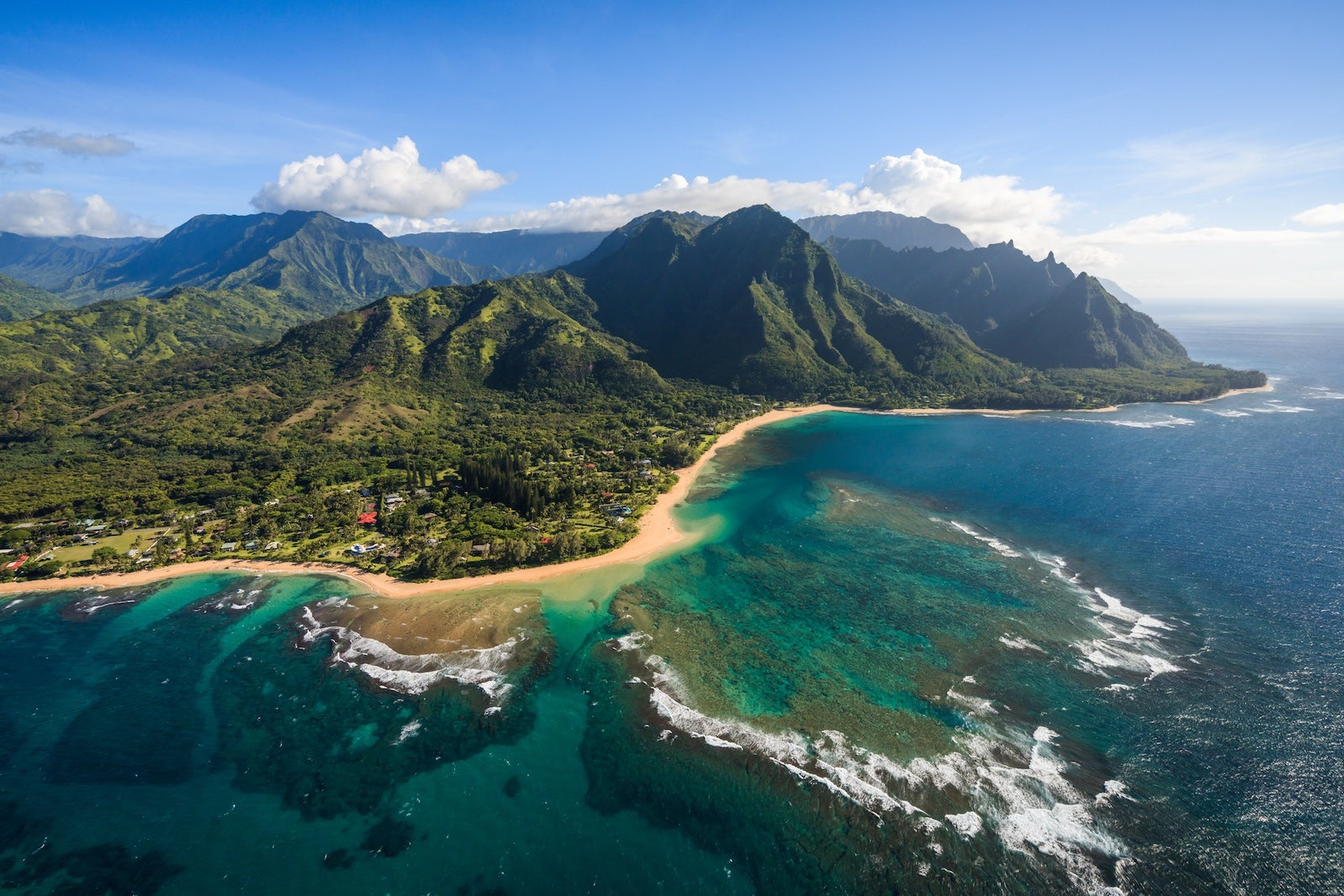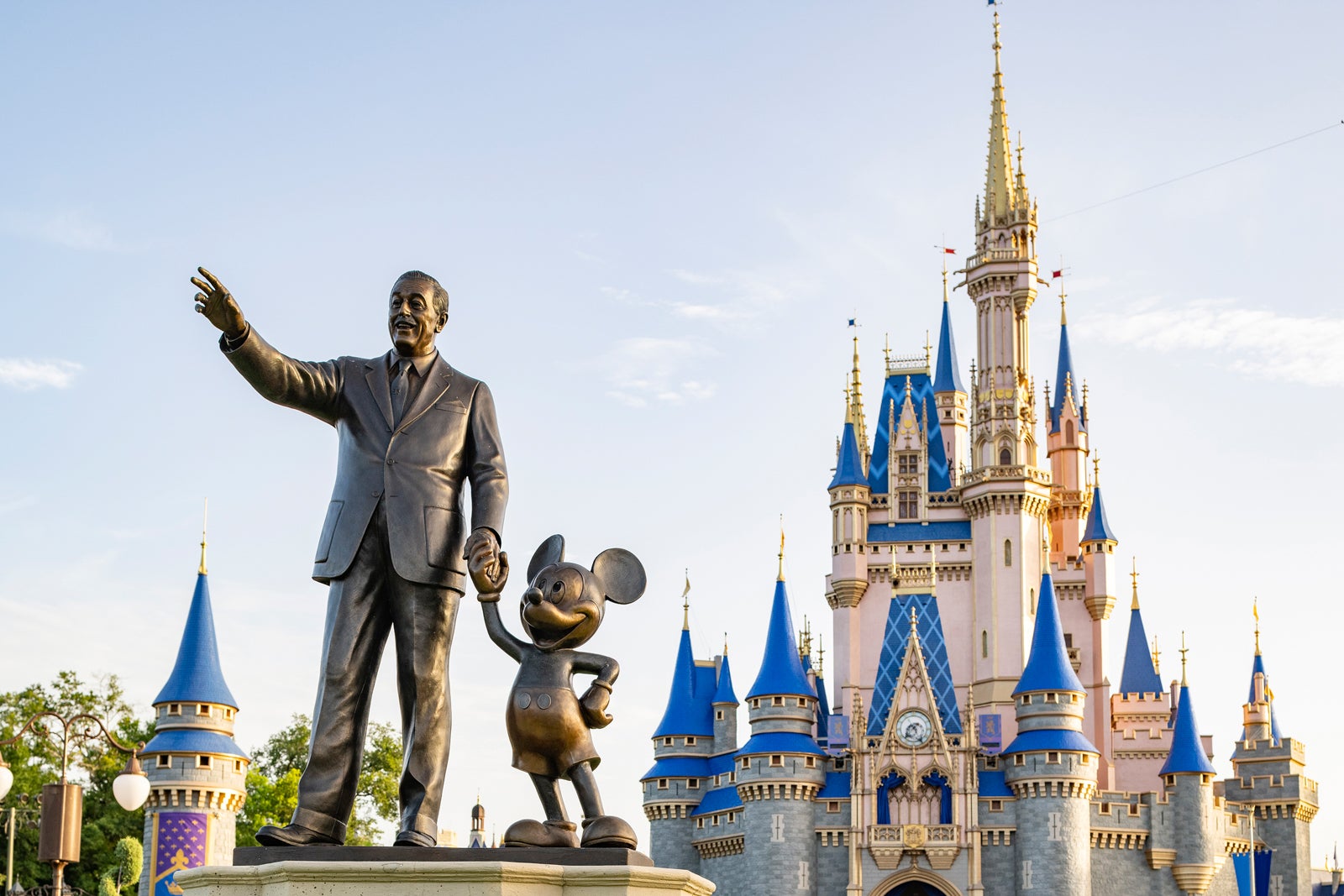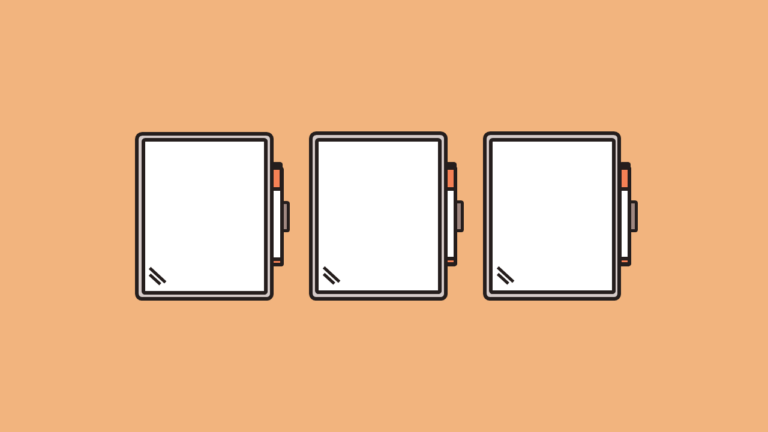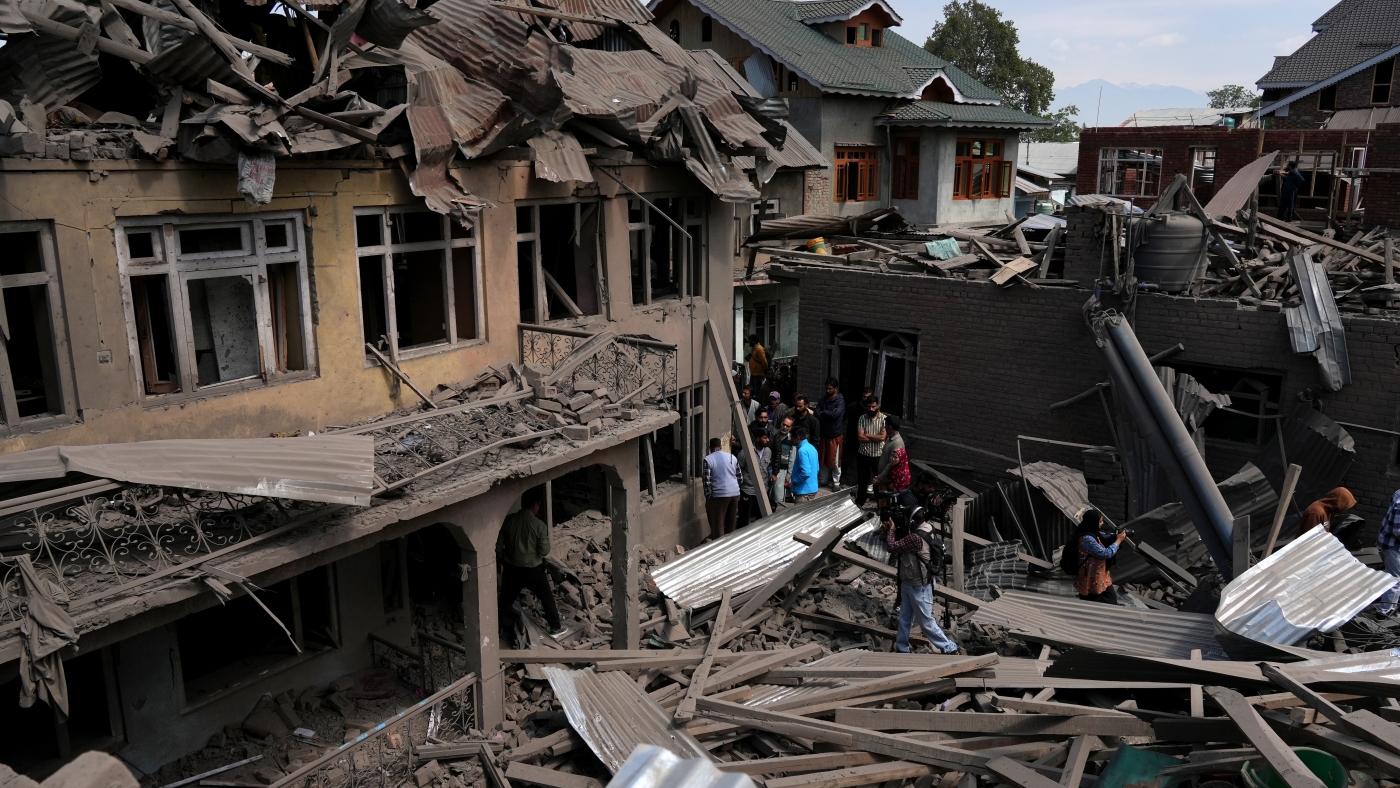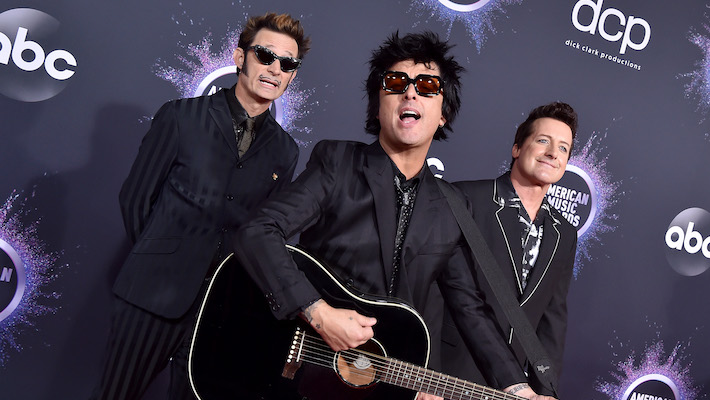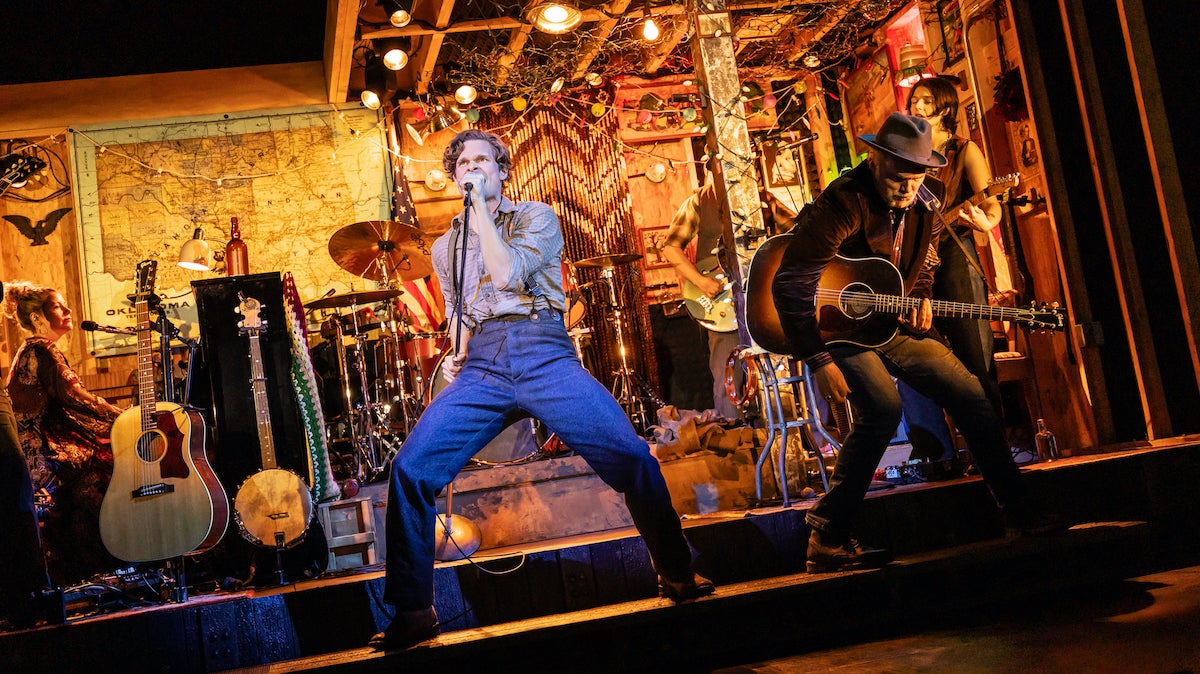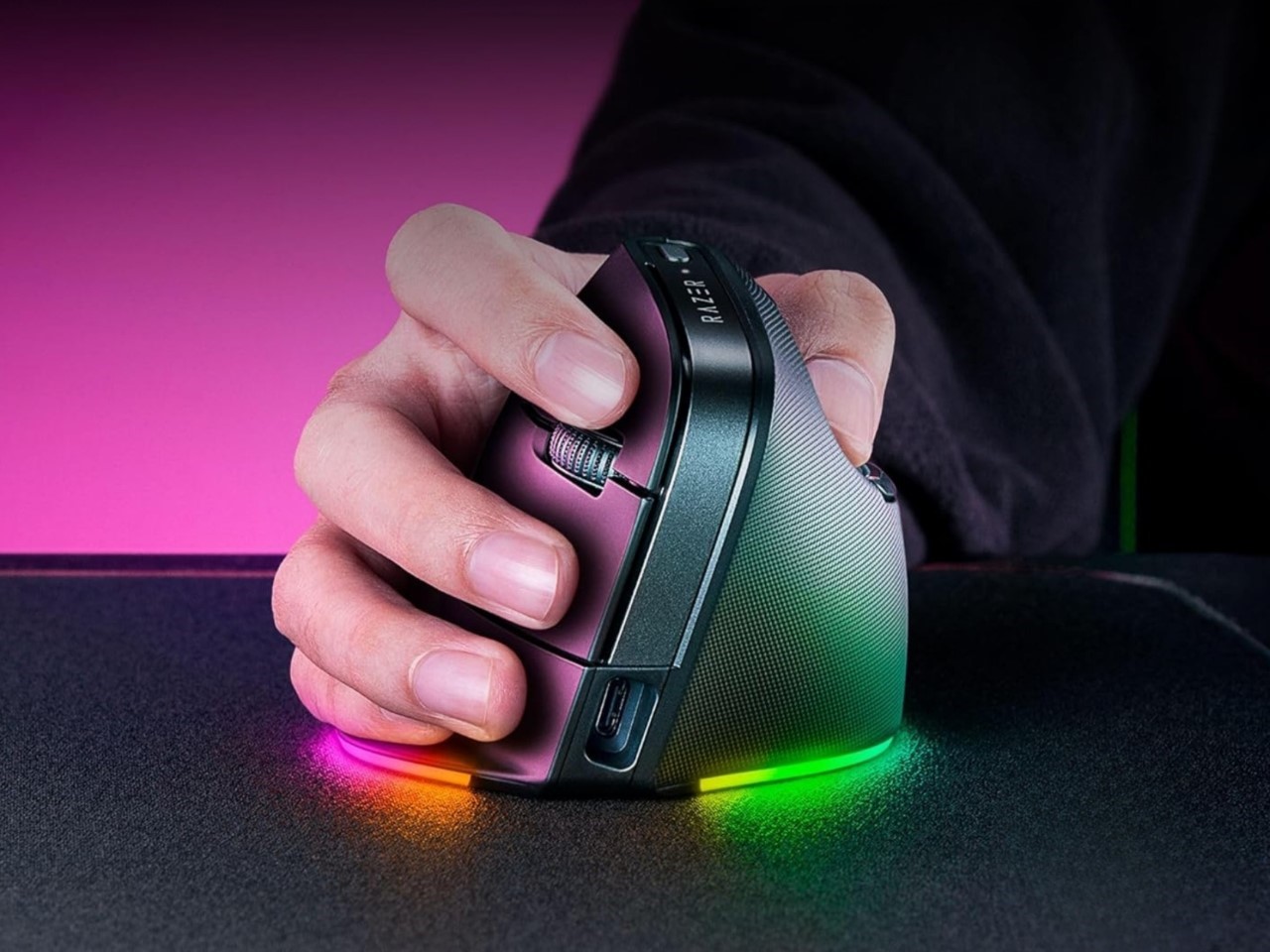This Common Recovery Trend Might Be Sabotaging Your Gains, New Study Shows
Think twice before that cold plunge.
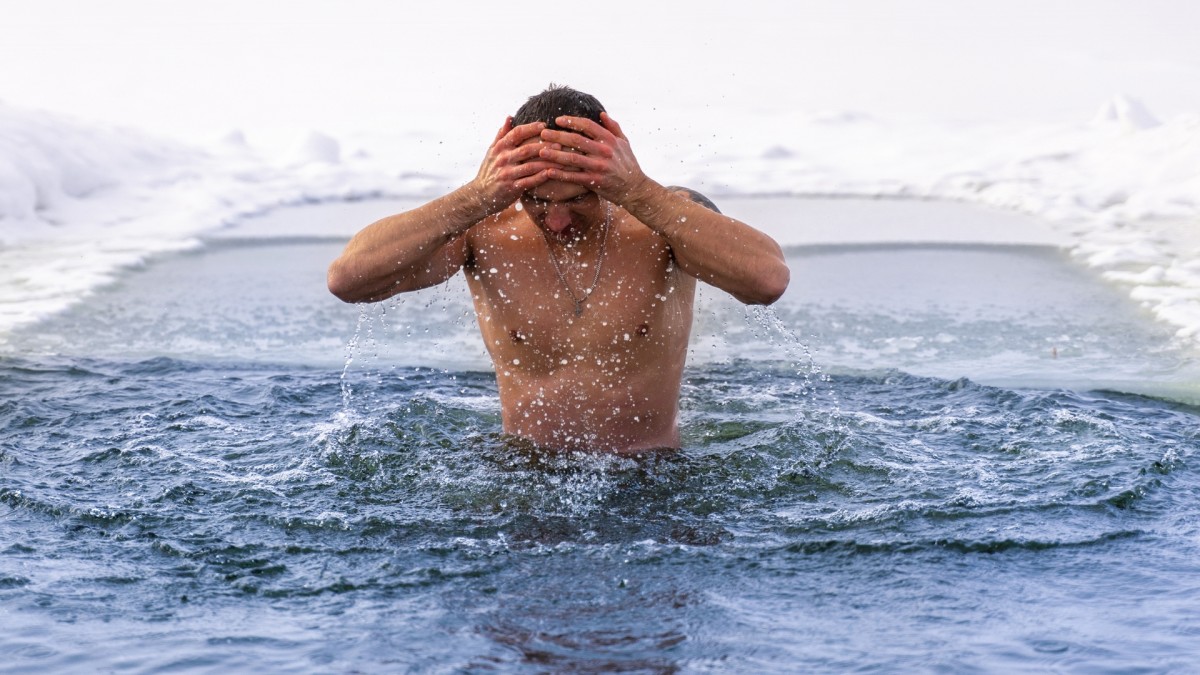
From protein powders to mobility work to nightly sauna sessions, recovery is a top priority for many athletes. Whether you’re a marathoner bouncing back from your weekly long run or a powerlifter trying to keep muscle soreness at bay, it's smart to try everything you can to speed up the process. But despite the hype, some of the trendiest recovery tools—like cold plunges—may not be all they’re cracked up to be, according to new research.
The study, originally published in Medicine & Science in Sports & Exercise, recruited 12 healthy and active adults to perform a resistance workout followed by either an ice bath or passive recovery. For the individuals who utilized the bath, one leg was immersed for 20 minutes while the other sat in room-temperature water.
To see how the muscles responded to each recovery type, participants took 20 grams of amino acids and 45 grams of carbohydrates after their chosen recovery session, and researchers tracked how well their bodies used those aminos to rebuild muscle.
Researchers then took a muscle biopsy and found that cooling the muscles right after exercise slashed blood flow by nearly 70%. It also cut amino acid delivery to the muscle by 30% and slowed overall nutrient transport for more than three hours.
Related: Should You Do Cardio Before or After Weights? Here’s What Trainers Recommend
The researchers think that cooling muscles too soon after a workout could interfere with recovery by restricting blood flow. This makes it harder for amino acids to reach muscle tissue.
This isn't the first time researchers have found this. In fact, a 2015 study found that cold-water immersion after exercise can reduce blood flow to the muscles and limit how well the body absorbs and uses amino acids for recovery.
While cold plunges right after a workout may harm your gains, that doesn't mean you should throw them out altogether. Research has shown that when used strategically, cold water immersion can boost your immune system, improve mood, and more.
Although the study suggests that plunging directly after a workout can inhibit long-term muscle growth, there are a few things to note. For starters, the cold water therapy lasted for 20 minutes, most recommendations don't go past the 10-minute mark (and that's after months or even years of building a tolerance). Also, there were only twelve males involved in the study, which means it may not have yielded the most accurate and precise results.
If you do utilize cold therapy, wait at least a few hours (if not another day) before doing it to avoid any delay in muscle repair.














